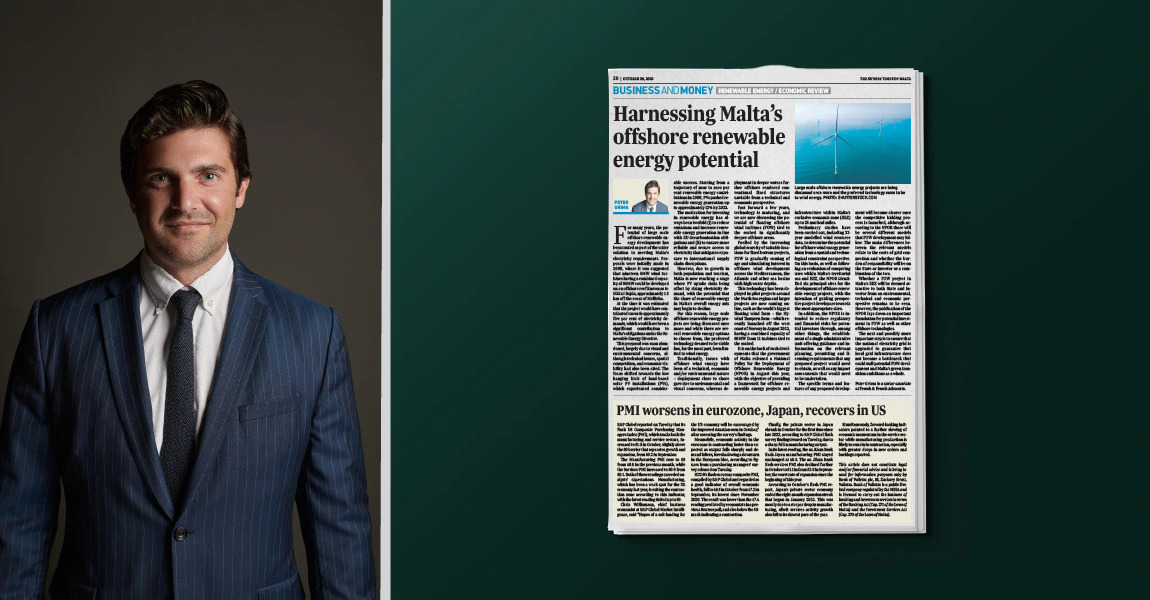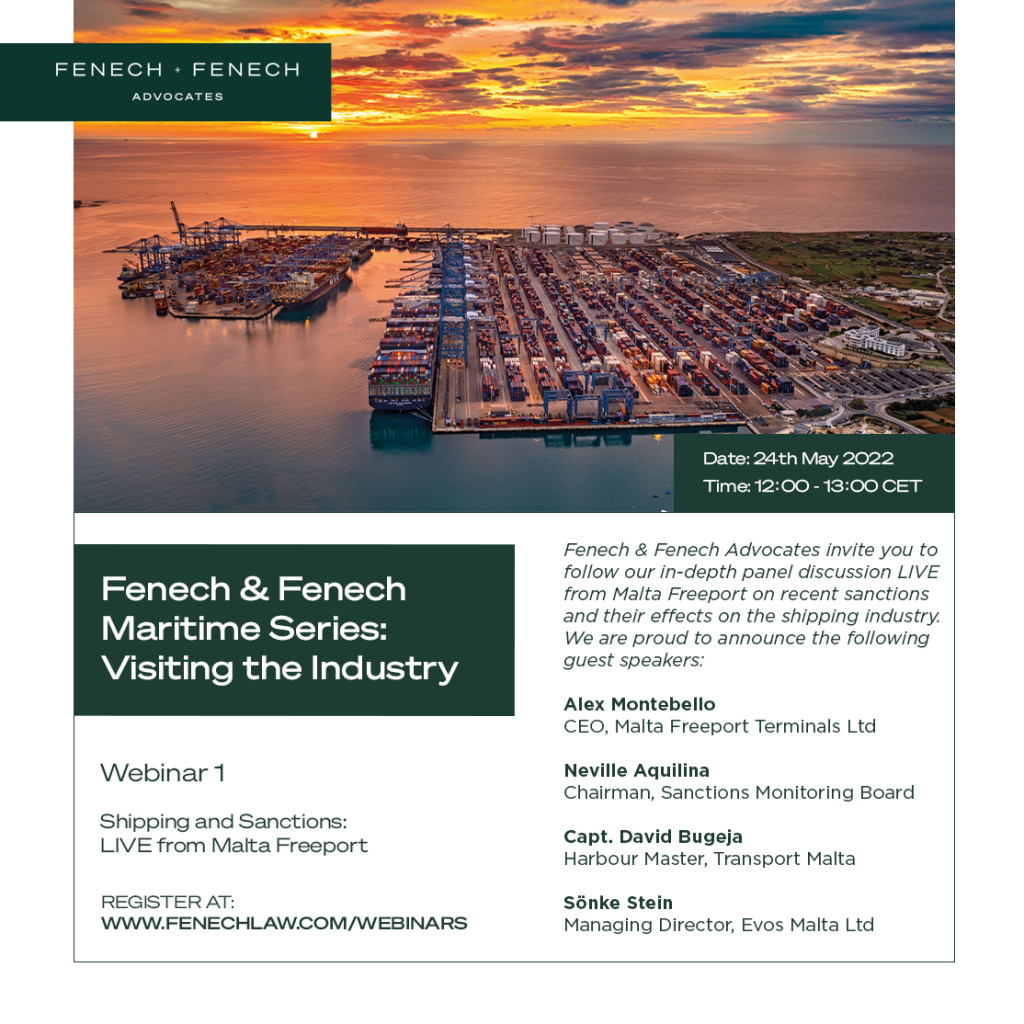Promulgated in 1973, the Merchant Shipping Act, chapter 234 of the Laws of Malta (the “MSA”), together with a comprehensive body of subsidiary legislation, forms the local legislative backbone that regulates shipping. As a result of major historical developments along the way and the coming into force of several International Conventions to which Malta is a party, the MSA has been amended, supplemented and adapted throughout the decades to reflect these changes whist ensuring continued compliance with internationally approved standards and maintaining the certainty and security offered to owners, managers, operators and financiers.
Transport Malta, together with several dignitaries and stakeholders, commemorated the 50th anniversary of the MSA with a well organised symposium that took place in May this year. Its speakers, several of whom key players in the development of the Maltese Ship Registry, gave insights into the history of the Maltese maritime flag, the ship registry and the significant moments which carved its growth. Interesting panel discussions delved into the future opportunities and challenges that lie ahead for the Maltese maritime industry.
From the time when Malta was still a British colony in the 1970s, to the accession of the country to the European Union in 2004, together with unfortunate environmental disasters as the Erika case in between, there has been a considerable change in the attitude and workings of the Malta Ship Registry. Over the years, the standards have improved significantly and with valuable lessons learnt, the Registry has evolved to what it is today – a serious and reputable ship register. The Malta maritime flag is one of the largest maritime flags worldwide and the largest in Europe. It sits on the whitelists of the Tokyo and Paris MoU, is well regarded by Port State Control, and has achieved high rank status by US Coast Guard under the QUALSHIP21 initiative. It is indeed a top performing flag of quality, which makes it a favourite for serious ship owners and financiers alike.
With the digitalisation project already in progress, we expect to see a transformation of the entire operation and the activities that are carried out by and within the Merchant Shipping Directorate in the next years. This will ensure that the Registry remains competitive with its counterparts in the industry and responsive to the needs and expectations of ship owners, operators and financiers. The digital advancement of the flag will undoubtedly create greater efficiency for existing clients and enhance the flag’s ranking and reputation with new business.
Concurrent with digital development, the move towards decarbonisation and the growing shift towards cleaner fuels, the use of greener technologies and more efficient operation models to reduce greenhouse gas emissions are also at the fore. At an international level, the IMO has also adopted a set of measures as part of its GHG strategy for emission reduction. Likewise, at the European level, with the fit for 55 package and climate neutrality targets, there are several measures in place and others proposed which directly affect the shipping industry. Continuous updates to the local regulatory regime and the workings of the flag are necessary to keep aligned with the wide-ranging developments in this area.
Ultimately the 50-year mark was a celebration of the success of the Malta flag over the years and the dynamic approach taken to the needs of the growing shipping industry throughout the decades. The anniversary was also an opportunity to encourage the local industry to take stock of the current climate, its challenges, and has spurred a review of local laws and particularly the MSA, with a view to introducing novel features to enhance the attractiveness of the flag and ensure that Malta continues to steam towards a bright future.
How can we help?
Should you require any further information or assistance on the matter, please do not hesitate to reach out to us personally on stephanie.farrugia@fenechmarine.com.
©Fenech & Fenech Advocates 2023
Disclaimer │ The information provided in this article does not, and is not intended to, constitute legal advice. All information, content, and materials available are for general informational purposes only. This article may not constitute the most up-to-date legal or other information and you are advised to seek updated advice.
















